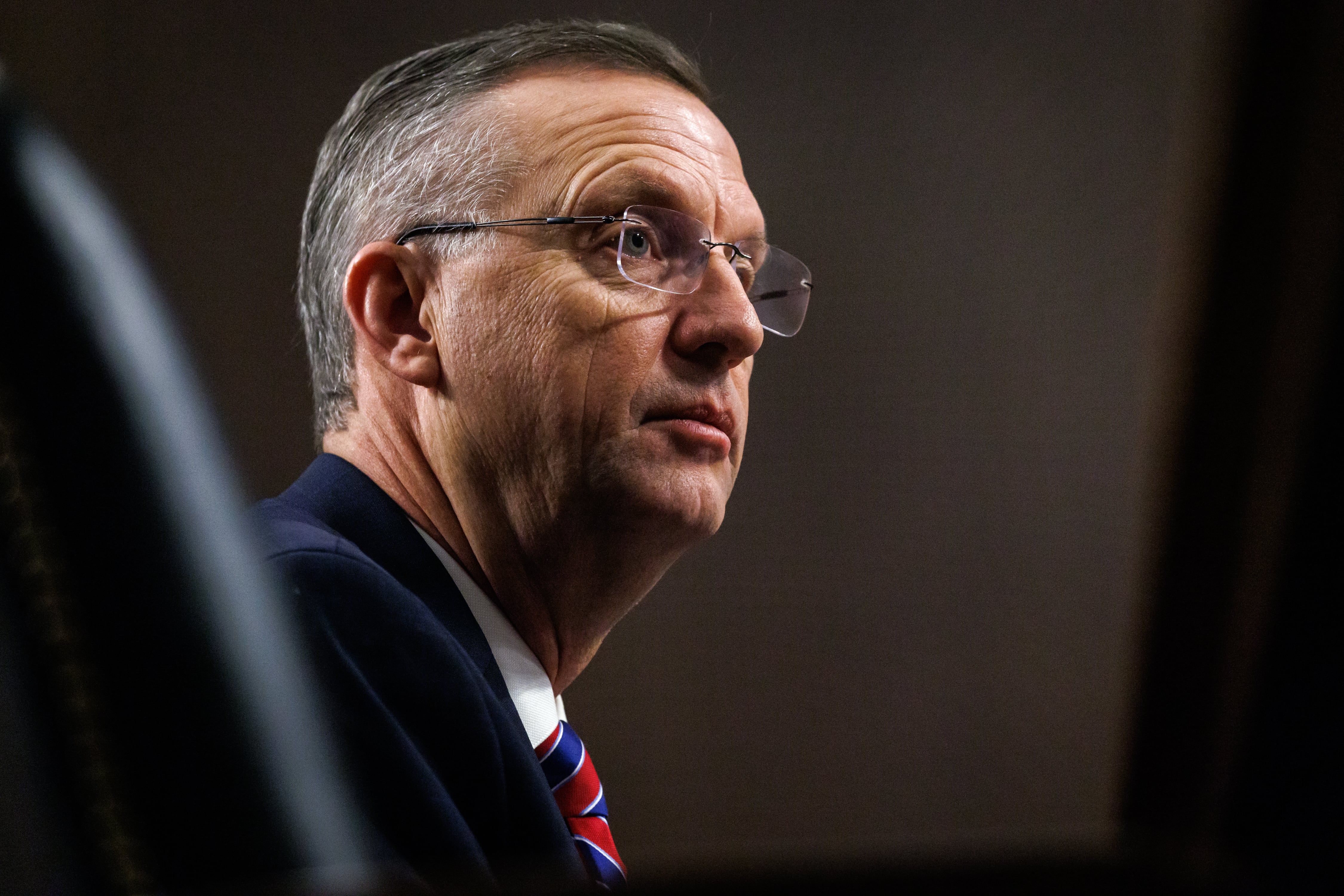Veterans Affairs leaders are instructing department employees to respond to billionaire Elon Musk’s controversial “What did you do last week?” email over the weekend despite moves from other government agencies to pause any engagement with the directive.
On Saturday, the Office of Personnel Management sent an email to more than 2 million federal workers with the subject line “What did you do last week?” demanding a five-point summary of their accomplishments last week to justify their continued employment.
Musk, who has an undefined leadership role within President Donald Trump’s new administration, posted on social media that workers’ failure to respond to the email by Monday evening “will be taken as resignation.”
The move drew confusion and concern among federal worker groups, lawmakers and outside advocates. By Monday morning, numerous agencies — including the Department of Defense, the Department of Homeland Security and the FBI — had instructed staffers not to reply to the message.
RELATED
But leaders at the Department of Veterans Affairs, which has nearly 480,000 employees, have instructed their workforce to compile summaries of their accomplishments last week and get their responses in.
In a message to the workforce Monday, VA Chief of Staff Chris Syrek verified the email is “valid” and cautioned workers that “in responding to the email, please do not send any classified, Health Insurance Portability and Accountability Act, or personally identifiable information, links or attachments.”
Staffers were also asked to copy their immediate managers on their responses.
No information was given on what will happen to VA workers who fail to respond, or whether individuals with limited access to email — like surgeons or staff on leave — will be punished for nonparticipation.
In a letter to department heads Monday, more than 100 House Democratic lawmakers called the dismissal threat by Musk “reckless, cruel, unlawful and unenforceable.”
They also asked all department heads — including VA Secretary Doug Collins — to instruct staff not to respond until more detailed instructions of goals of the inquiry are made public.
“We urge you to immediately inform federal workers at your agency that [Musk’s] missives do not constitute official orders and that federal employees should not interrupt their service to the public to respond to OPM’s mass email,” they wrote.
About 1,000 VA employees were dismissed earlier this month as part of government-wide efforts to trim the number of probationary employees and reduce the size of the federal workforce.
Roughly two-thirds of the VA workforce has been exempted from a separate federal hiring freeze, but staffers have reported confusion and delays with onboarding new personnel because of the recent White House actions.
Some veterans groups and outside advocates not employed by the federal government also received the “last week” email Saturday. VA officials instructed those individuals not to respond to the internal request.
Leo covers Congress, Veterans Affairs and the White House for Military Times. He has covered Washington, D.C. since 2004, focusing on military personnel and veterans policies. His work has earned numerous honors, including a 2009 Polk award, a 2010 National Headliner Award, the IAVA Leadership in Journalism award and the VFW News Media award.
In Other News





Load More
Read the full article here






